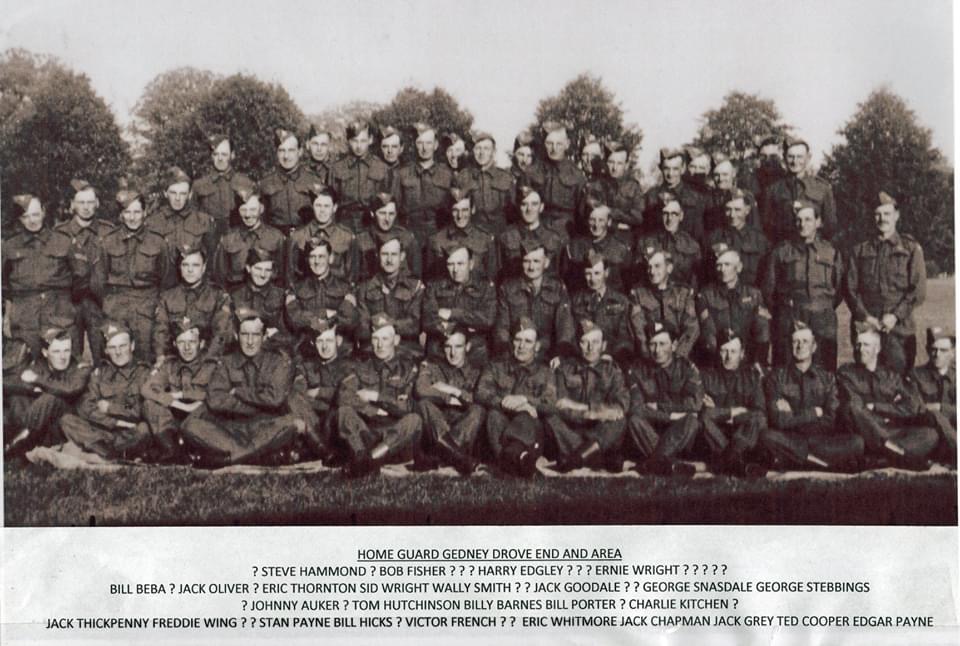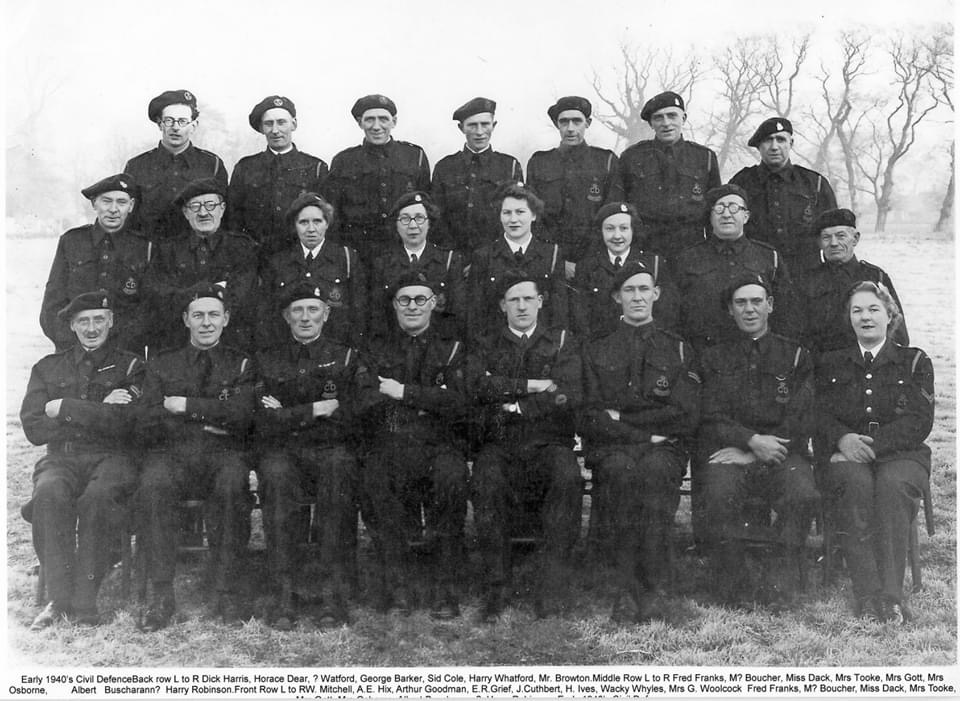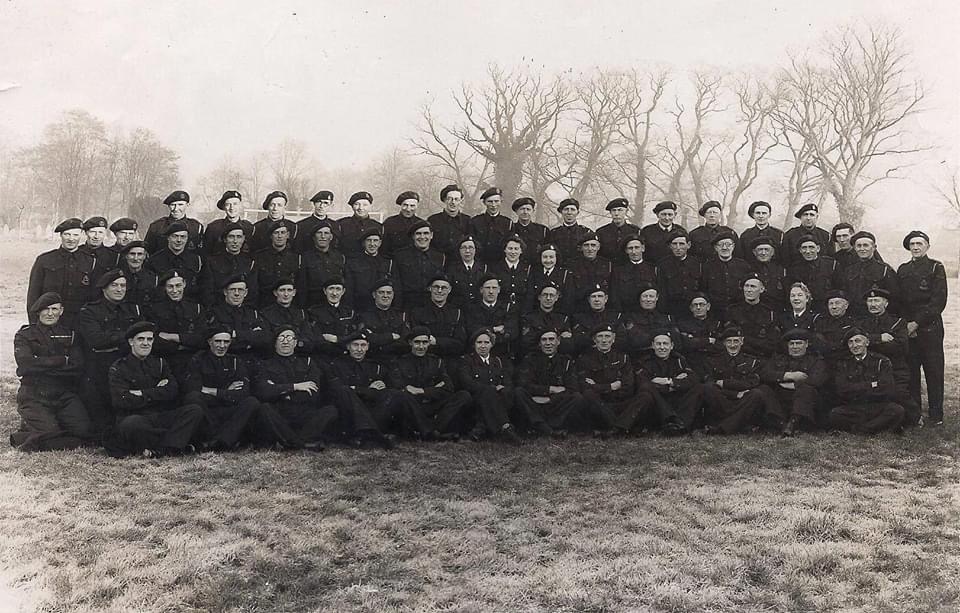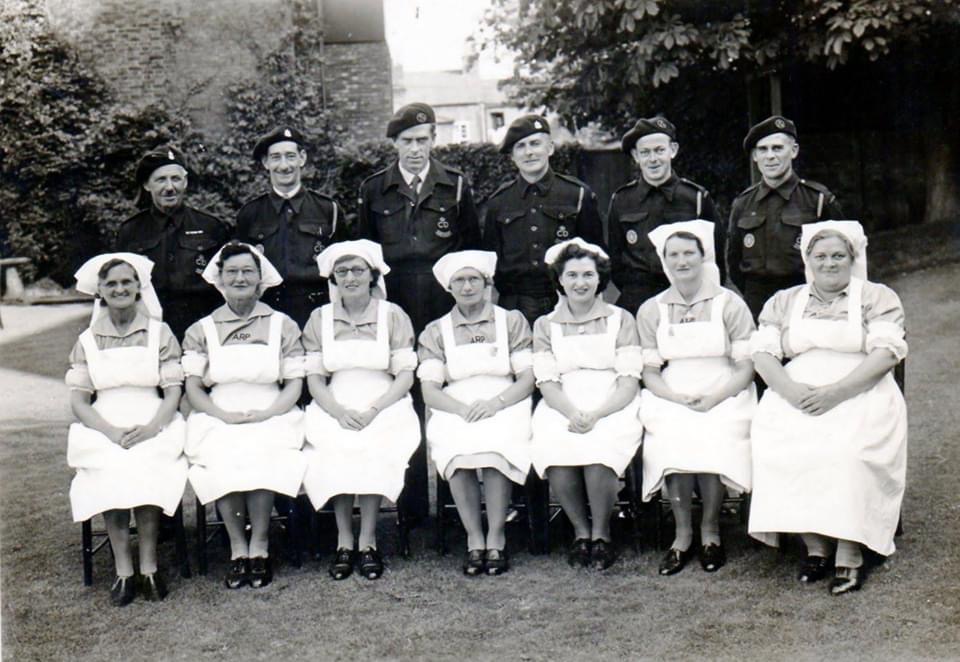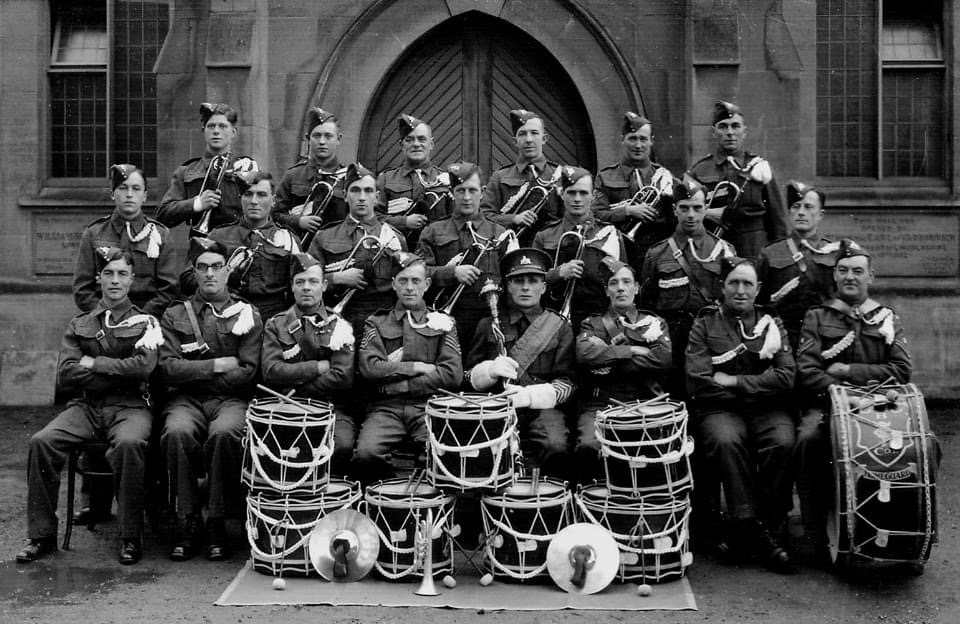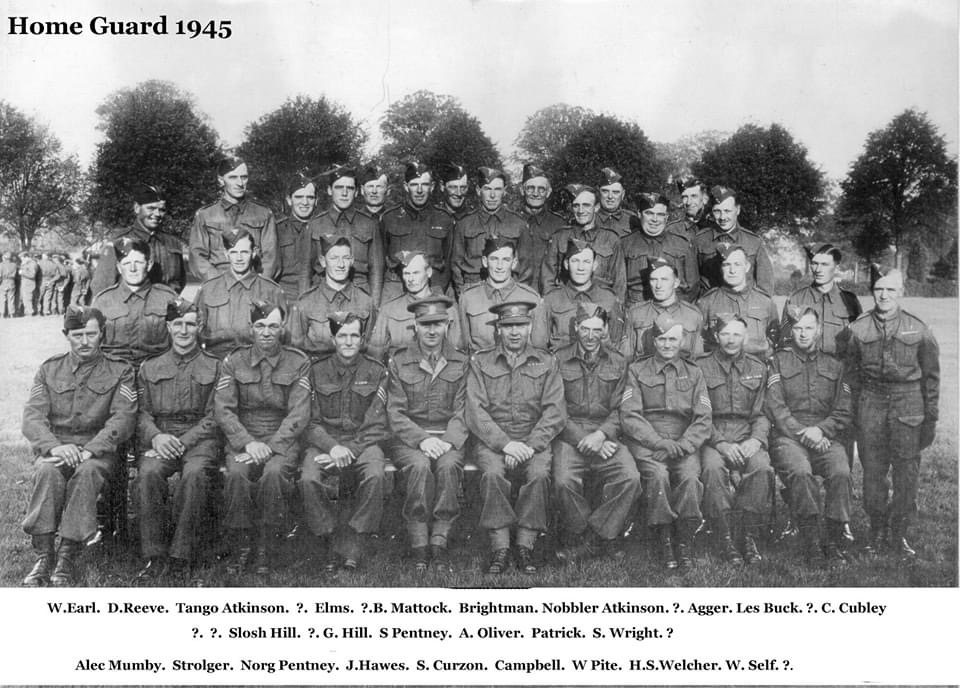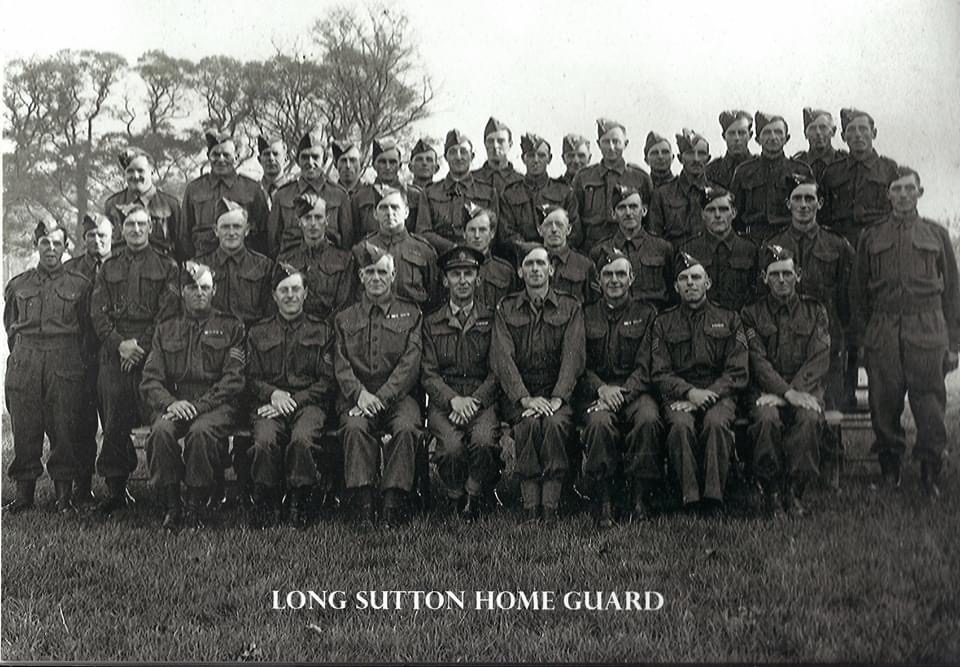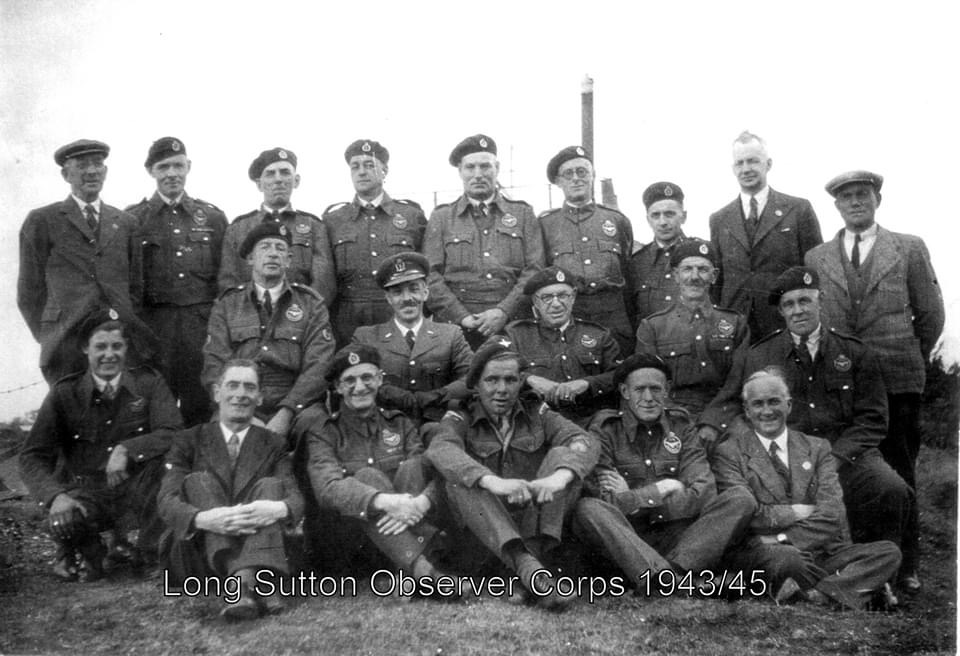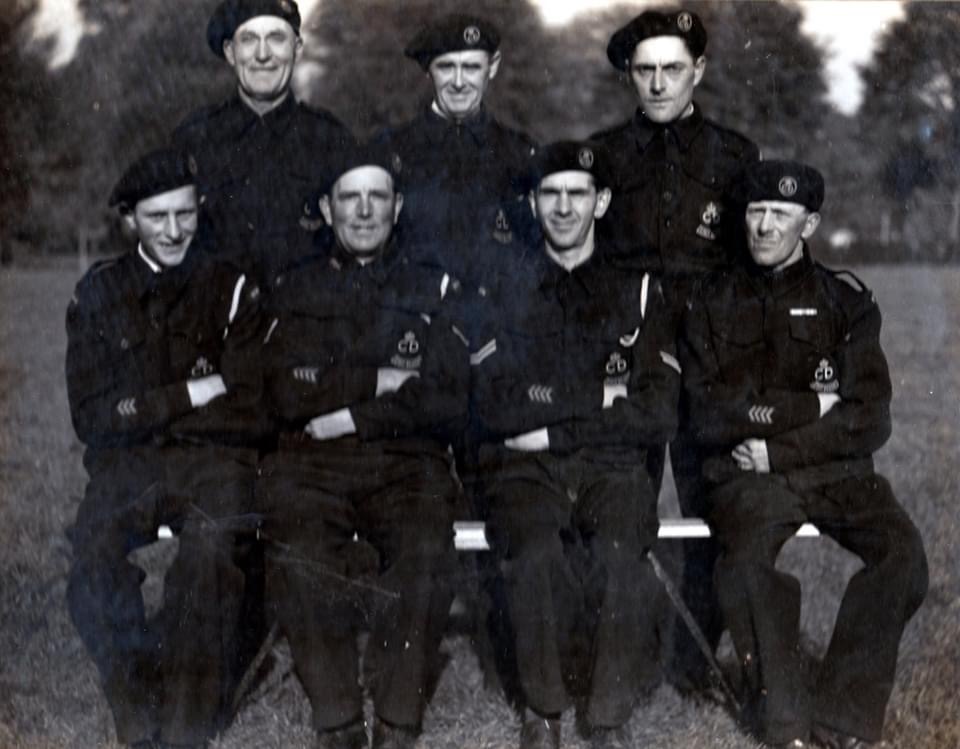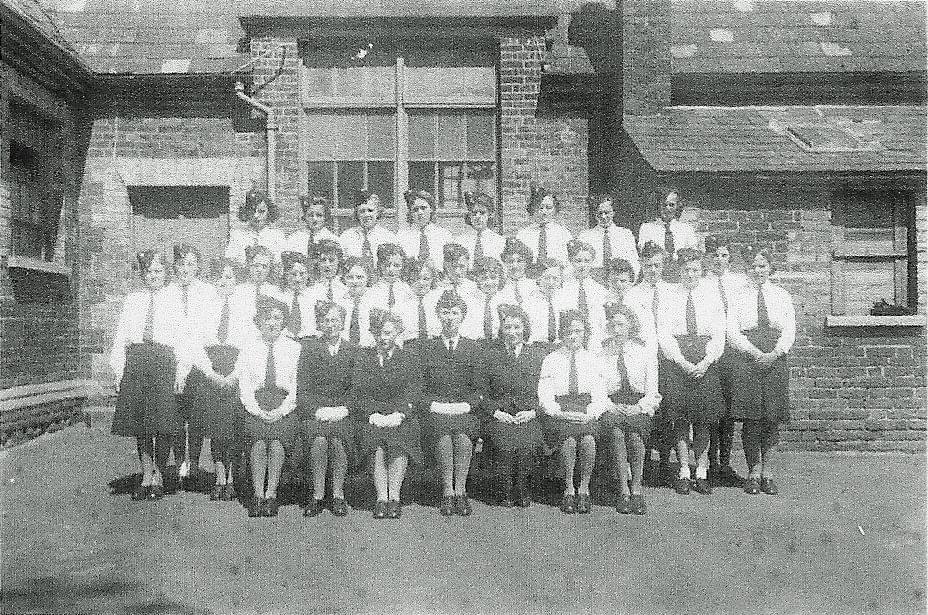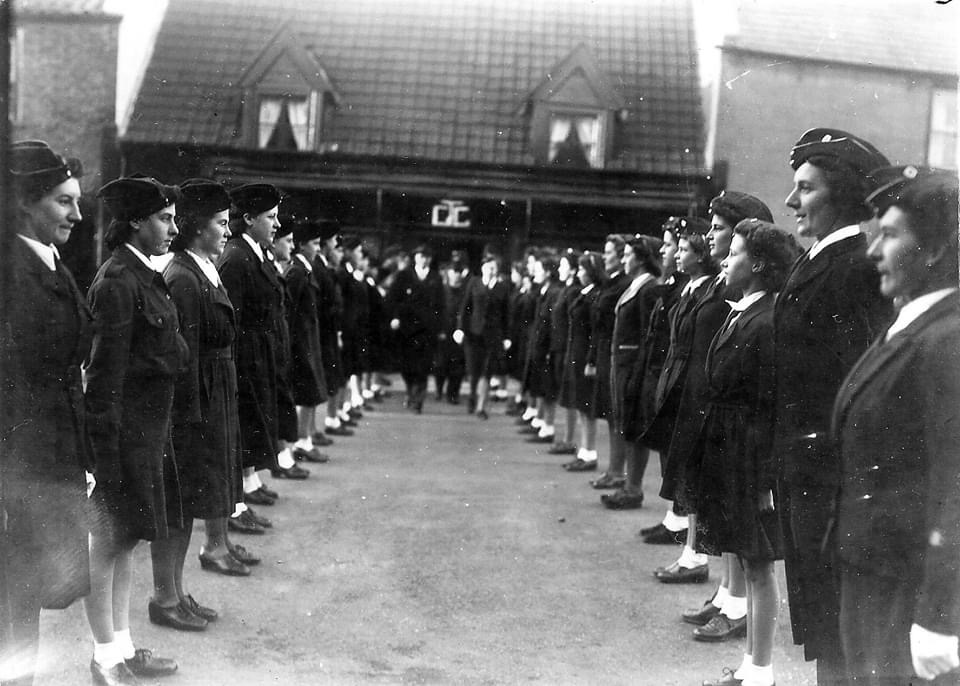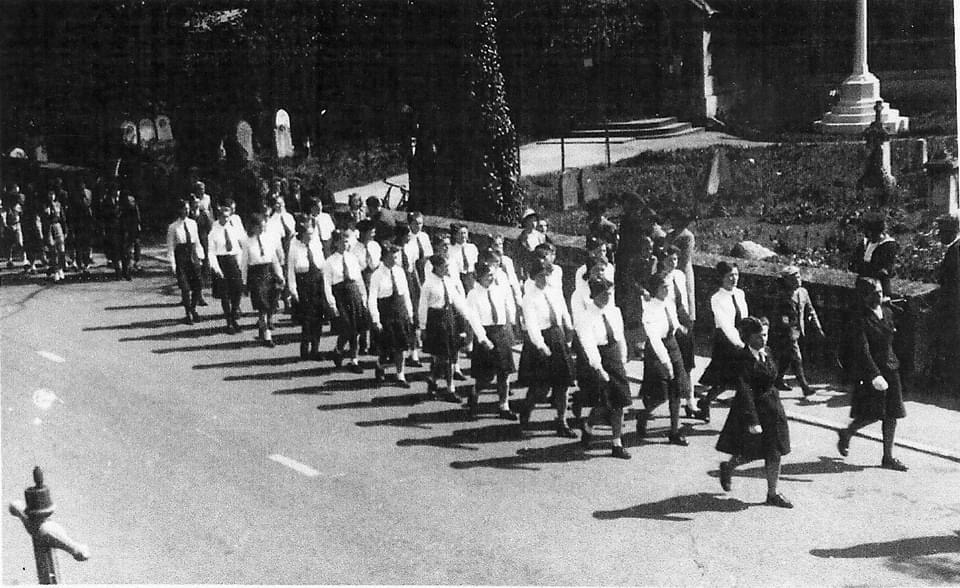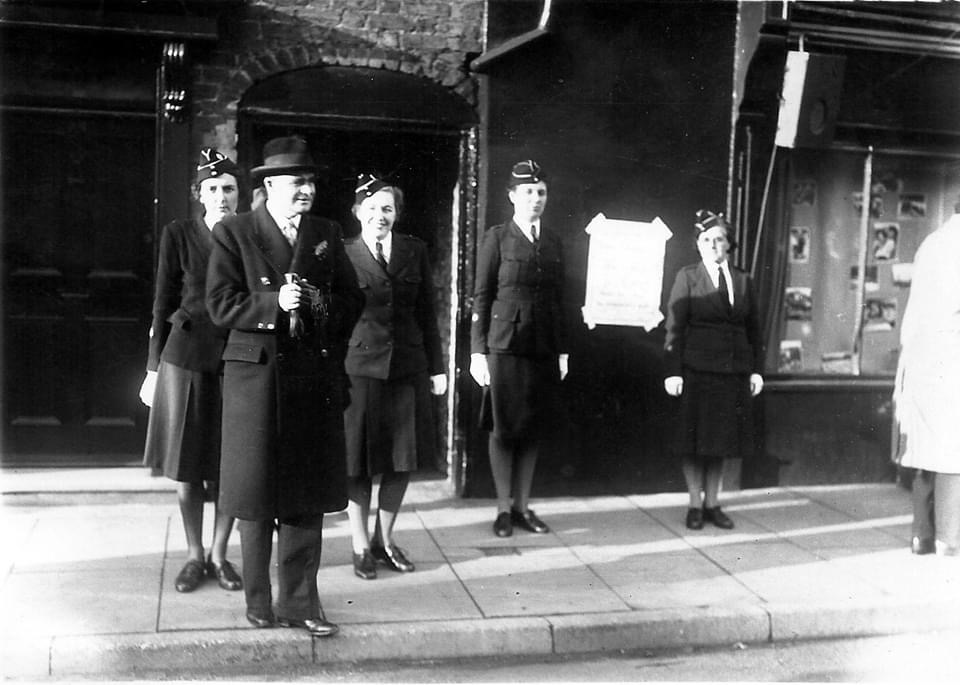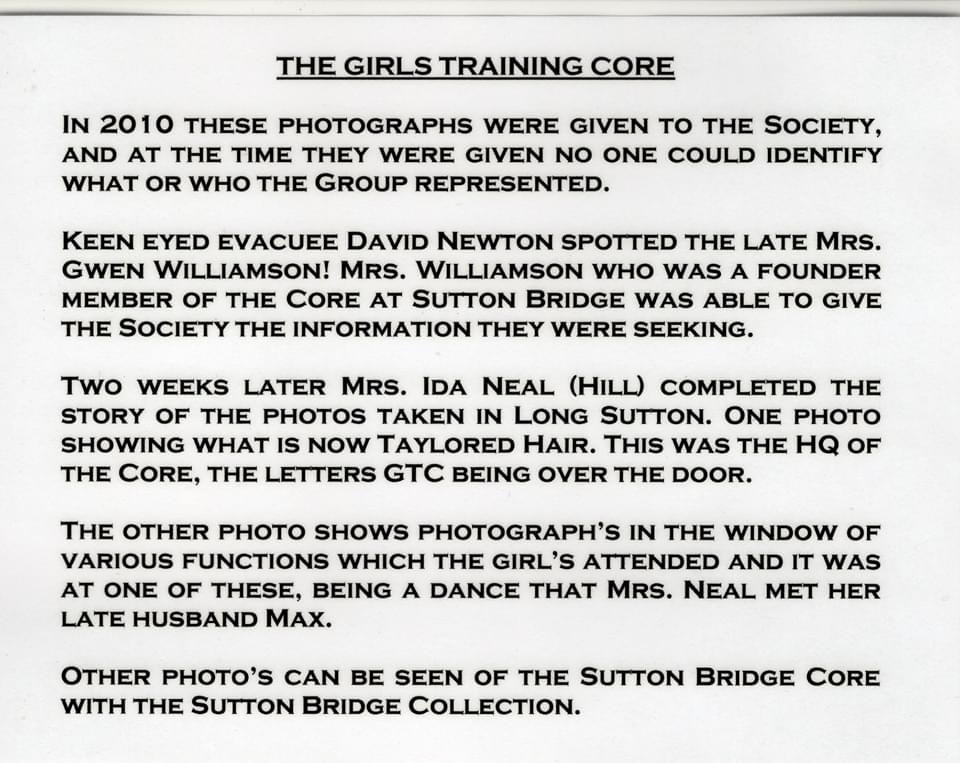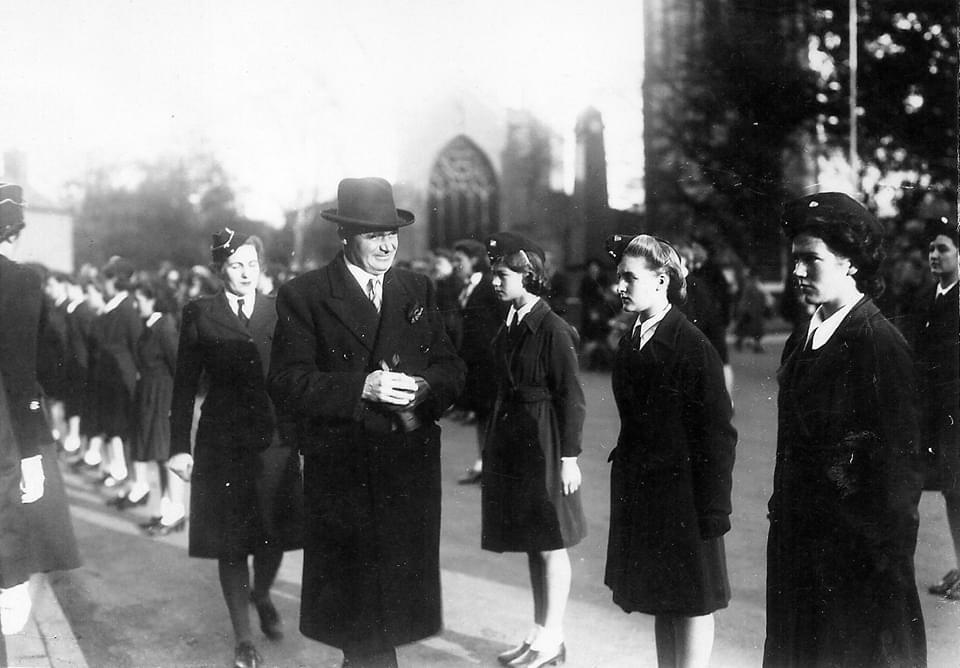Thanks to Roy Ashton continuing the theme from yesterday, here is a memory from Bruce Robinson. The photographs attached show some of the many people who stepped up to protect us.
INVASION SCARE
When I was about five the Army moved into an empty house three doors down the road. We knew it as The Manse, because it had an old, disused chapel in its grounds; but despite the emptiness, it was the largest and poshest house in the immediate vicinity.
The Army, of course, quickly made themselves at home. They moved their equipment into the chapel and dug over the front garden, beside the main road, constructing a defended position with earthen banks and a signals area. About half a mile away, on a bend in the road we knew as Bates’s Corner, they prepared a tank trap position, and piled large cubes of concrete on the verge ready to be moved across the highway the moment ‘the balloon went up.’
Unbeknown to me at the time, but confirmed later by youthful exploration, they also built an imitation wooden bungalow with a hinged, false roof which evidently concealed a gun which would have had a clear field of fire towards the road and the tank trap.
I think the troops were from the Queen’s Royal Regiment, and what I also did not know at the time – but again, found out later – was that more troops were billeted all over the town, and that they were building defensive positions in the neighbourhood and even in neighbouring villages. For this was just after Dunkirk, and invasion was considered to be imminent.
My parents said nothing to me on the subject. Instead, mother began hoarding tinned and bottled foods, storing them in a cupboard under the stairs, father dug a deep V-shaped trench in the garden in preparation for air raids, and we made an arrangement with neighbours that if the worst came to the worst the two families would flee on their lorry.
In town, a building near the sports field was selected as a temporary mortuary, and talks – evidently fruitless – were held to decide exactly who would offer the town’s surrender should it become necessary. Instead, the LDV (Local Defence Volunteers, later the Home Guard) began training with grim seriousness. Once a fortnight, on Sunday mornings, they would crash through the gardens and through the fences, shouting and screaming, and then march back to town.
As for ‘my’ soldiers, three doors away, their job was to keep watch on the flat fields behind the houses which stretched towards the Wash, about four miles away. The fear was enemy gliders and paratroopers, and old telegraph poles were set up in some of the fields to deter landings. But they still had to keep watch, and every day and in all weathers a soldier (complete with rifle) would arrive at our house and take up his lonely position under the fruit trees by the hedge at the bottom of the garden, where he could see for miles. How they battled the boredom I do not know, but most of them smoked. I can recall the piles of butts near the hedge. I can also remember mother striding down the garden with a cup of tea for ‘our’ sentry. It is an abiding memory.
Of course, the expected invasion never came, and flowers grew over the V-trench. But the War went on. The Queen’s Royals (and later, the East Lancashires) were posted elsewhere; mother struggled to feed us all on the meagre War-time rations; and father, in addition to his daily job, gardened (growing fruit and vegetables), became a first-aid instructor in the St John Ambulance Brigade, and a night volunteer at the fire control centre in the church hall.
How parents coped with the strain at that time I do not know. As for me, I grew up watching military convoys rumble by, viewing crashed enemy aircraft on display in the park, listening to the news on the wireless and learning to follow the War’s progress on the pages of the New Chronicle, and after dark, going into the garden to listen to enemy bombers (with their distinctive throbbing sound) passing overhead. Thus the rest of the War slowly turned into an exciting time for a youngster with a bike.
